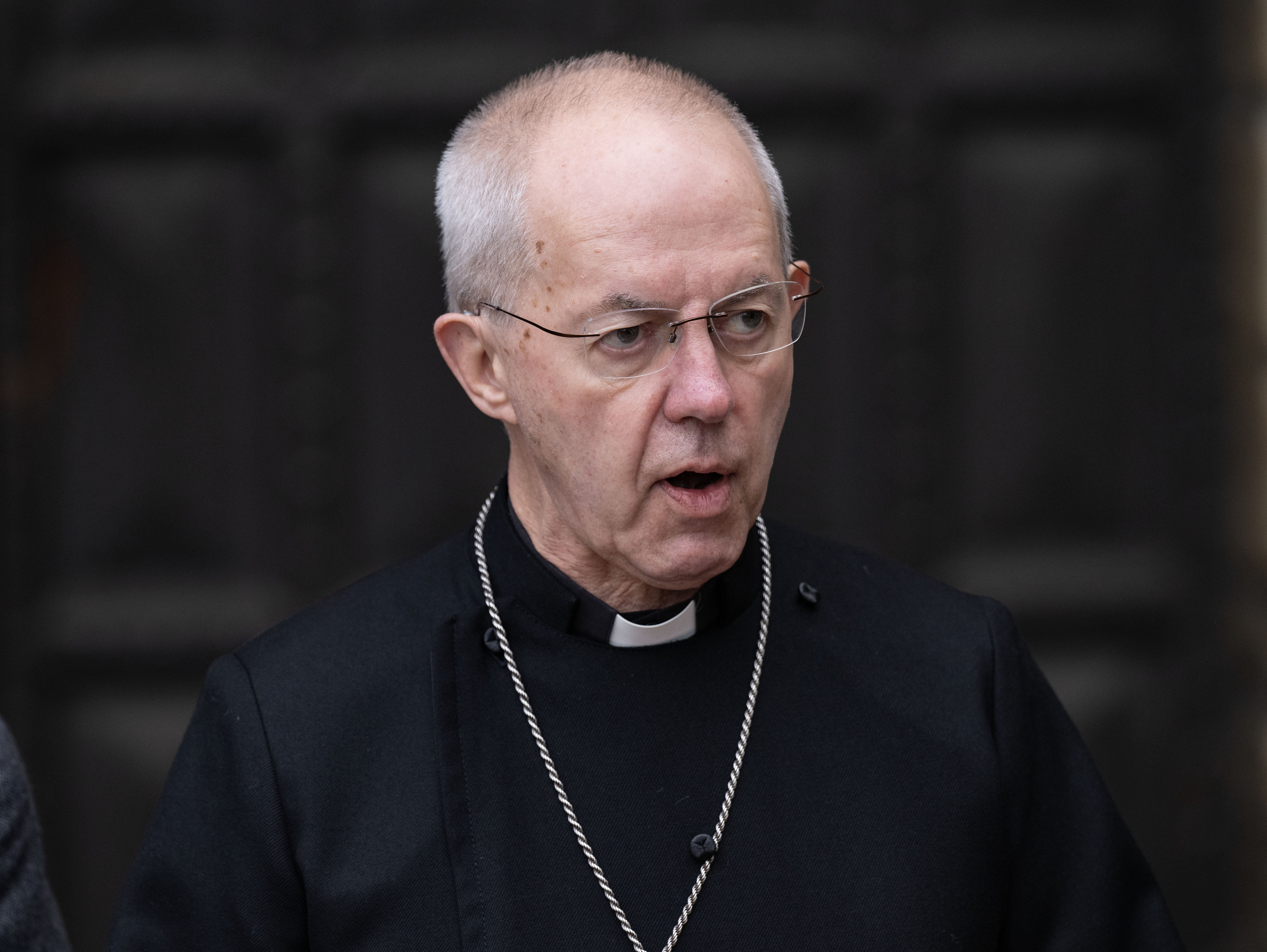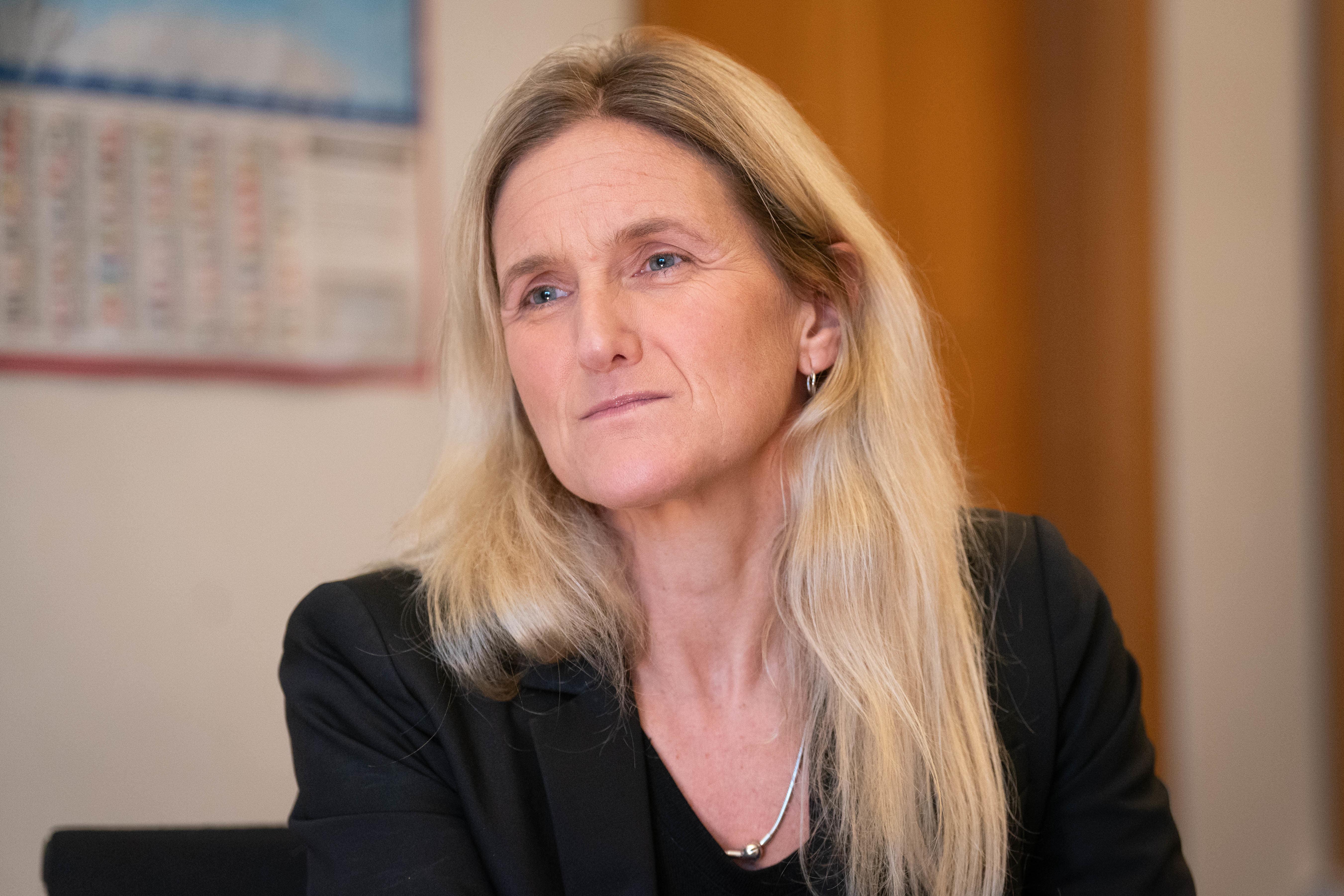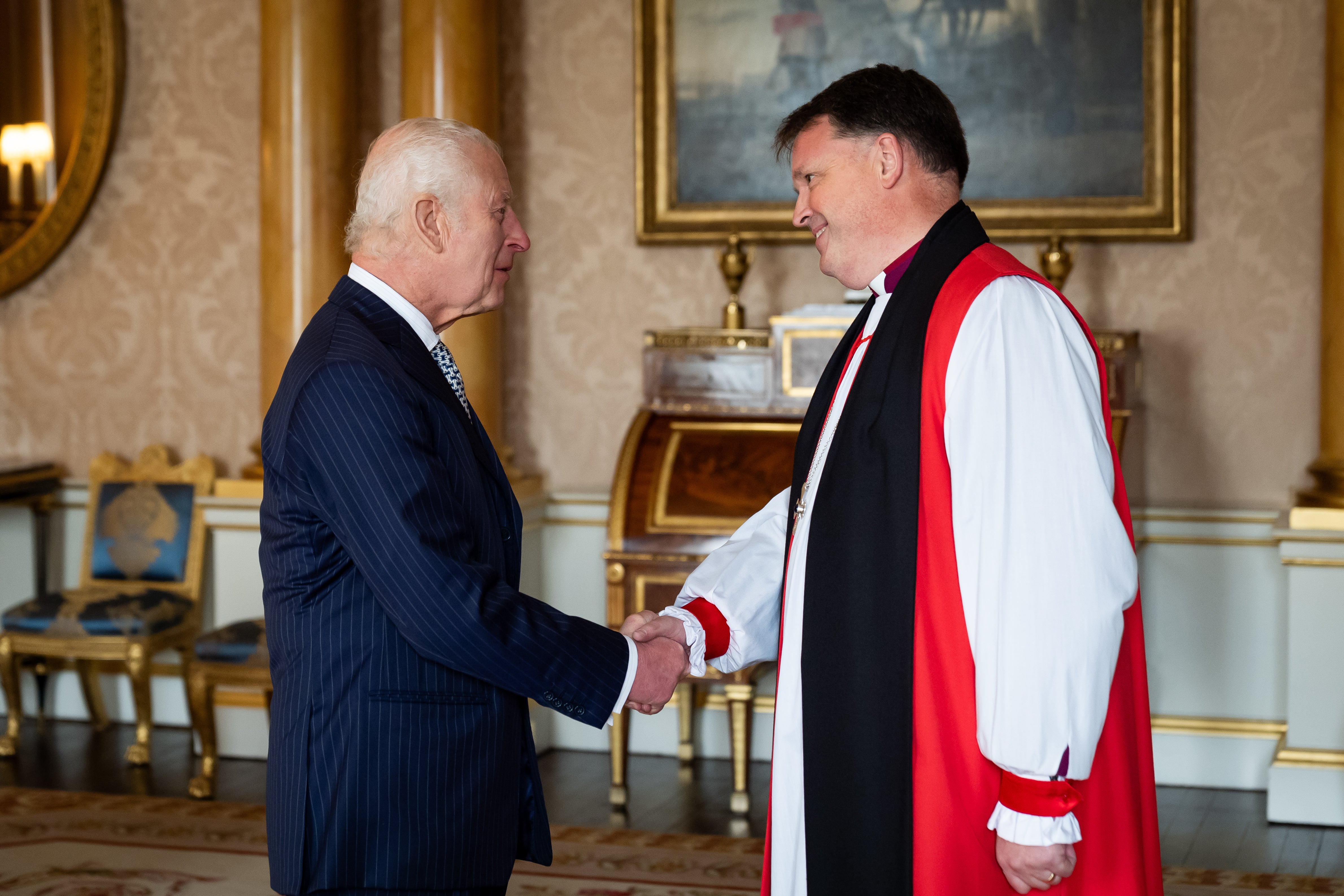Why the choice to replace Justin Welby as Archbishop of Canterbury is important for British politics
As the Church of England looks for a new leader, David Maddox examines how the appointment will be as important for British politics as it is for religion


Justin Welby has resigned as Archbishop of Canterbury over his failure to deal with the matter of serial sex abuser John Smyth.
But as the search begins for his replacement, the choice has relevance well beyond the 984,000 practising members of the Church of England, or even the 85 million who belong to the worldwide Anglican community.
The Archbishop of Canterbury has for centuries been a significant political figure, and Welby redefined the role in a post-Brexit era. But at a time of huge political change and uncertainty, the next incumbent has the potential to be the last head of the Church to lead the lords spiritual in parliament.

Constitutional position
The Archbishop of Canterbury is not the Anglican equivalent of the Pope in the Catholic Church, because the monarch is the official head of the Church of England. But that does not mean the position does not hold considerable power.
In effect, the holder is the most senior cleric, not just in the state Church but also within the worldwide Anglican Communion.
Most importantly, though, he sits as of right in the House of Lords as one of 26 bishops known as the lords spiritual. This gives him a powerful platform from which to influence British politics and public life, well beyond religious matters.

Future of bishops in parliament
This appointment comes at a very uncertain time for the Church of England, which is currently beset by scandal surrounding the John Smyth case and a crisis in safeguarding. On top of this, the rapidly dwindling size of its church congregations has given rise to serious questions about its relevance.
But the biggest question is whether the Church should maintain the medieval right to send its bishops to the House of Lords.
The decision by Labour to get rid of the last hereditary peers leaves an obvious question about the status of the lords spiritual. While Labour resisted ejecting them this time round, it is interesting that the push to end the tradition came from the Tories, the party that at one time could be relied on to support their continued place in parliament.
As former Tory defence secretary Gavin Williamson, who pushed for them to be removed, recently noted, Iran is the only other state to give clerics an automatic role in the legislature.
The next Archbishop of Canterbury is going to have to justify the continued existence of the lords spiritual.
Some would argue that in regard to ethical issues – such as assisted dying, with Kim Leadbeater’s bill currently the subject of intense discussion in parliament – there is a greater need than ever for bishops to provide a moral voice. Others would question why their religious views are being given priority.

Welby’s legacy
Welby used his position to great effect before his resignation, and became an important figure in British political life. After the referendum in 2016, the archbishop became a leading critic of Brexit and a supporter of remaining in the EU.
Further, he led the bishops in making the moral case against the Tory government’s draconian anti-migrant legislation, and was fiercely opposed to the Rwanda scheme.
Welby stood up for workers’ rights when Rishi Sunak tried to bring in legislation to restrain the trade unions. He also pronounced on Boris Johnson’s lack of morality during the Partygate episode.

Not the only turbulent priest
Welby was particularly outspoken on politics – more so than his immediate predecessors – but there is a long history of Archbishops of Canterbury being at the forefront of the political debate.
The most famous “turbulent priest” was Thomas Becket, appointed for political reasons by Henry II in 1162 and then infamously murdered by the King’s supporters in 1170 for opposing him. He was later made a saint.
Stephen Langton, 1207-1228, was the driving force behind the introduction of Magna Carta, the first document to enshrine rights.
Thomas Cranmer, 1533-1555, was arguably history’s first Brexiteer, arranging the break with Rome for Henry VIII. He was burnt at the stake by the Catholic Queen Mary.
William Laud, 1633-1645, an ardent supporter of King Charles I in the civil war, was executed by parliament.
William Howley, 1828-1848, led opposition to opening up the electoral franchise in the Great Reform Act of 1832.
Cosmo Lang, 1928-1942, was partly responsible for the forced abdication of Edward VIII over his desire to marry a divorcee.

How will the next archbishop be chosen?
A Crown Nominations Commission (CNC) will be established to identify and submit the name of a preferred candidate to the prime minister, who is constitutionally responsible for advising the King on the appointment.
The CNC comprises a chair appointed by the prime minister, a bishop elected by the House of Bishops, the Archbishop of York, three representatives elected from the Diocese of Canterbury, six representatives (three clergy and three lay) elected by the General Synod, and five representatives from other churches in the Anglican Communion (one each from Africa, the Americas, the Middle East and Asia, Oceania, and Europe).
Who could it be?
If the appointment were to come from the next generation within the Church, and be based on integrity, then the current Bishop of Newcastle, Helen-Ann Hartley, 51, would be the favourite. She was the only one to break ranks and insist that Welby and others resign. She has also led the way on LGBT+ rights in the Church.
But, for those same reasons, she is now unlikely to be given the role. The Church will have a choice between a status quo candidate, one who can speak on political matters, or someone who wants to bring the Church into the 21st century.
It seems that another woman, the Bishop of Chelmsford, Dr Guli Francis-Dehqani, is among the frontrunners. Having fled Iran when the ayatollahs took over, she has an interesting backstory, and is more qualified than some to pronounce on some of the great crises of the current day in the Middle East, as well as on the topic of migration.
Graham Usher, the Bishop of Norwich, was Bishop Hartley’s ally in the LGBT+ modernisation process, and is now another of the favourites.
Martyn Snow, the Bishop of Leicester, is another contender. He took the knee for George Floyd, but is less liberal on same-sex couples, having abstained on the crucial reforms.
Join our commenting forum
Join thought-provoking conversations, follow other Independent readers and see their replies
Comments
Bookmark popover
Removed from bookmarks